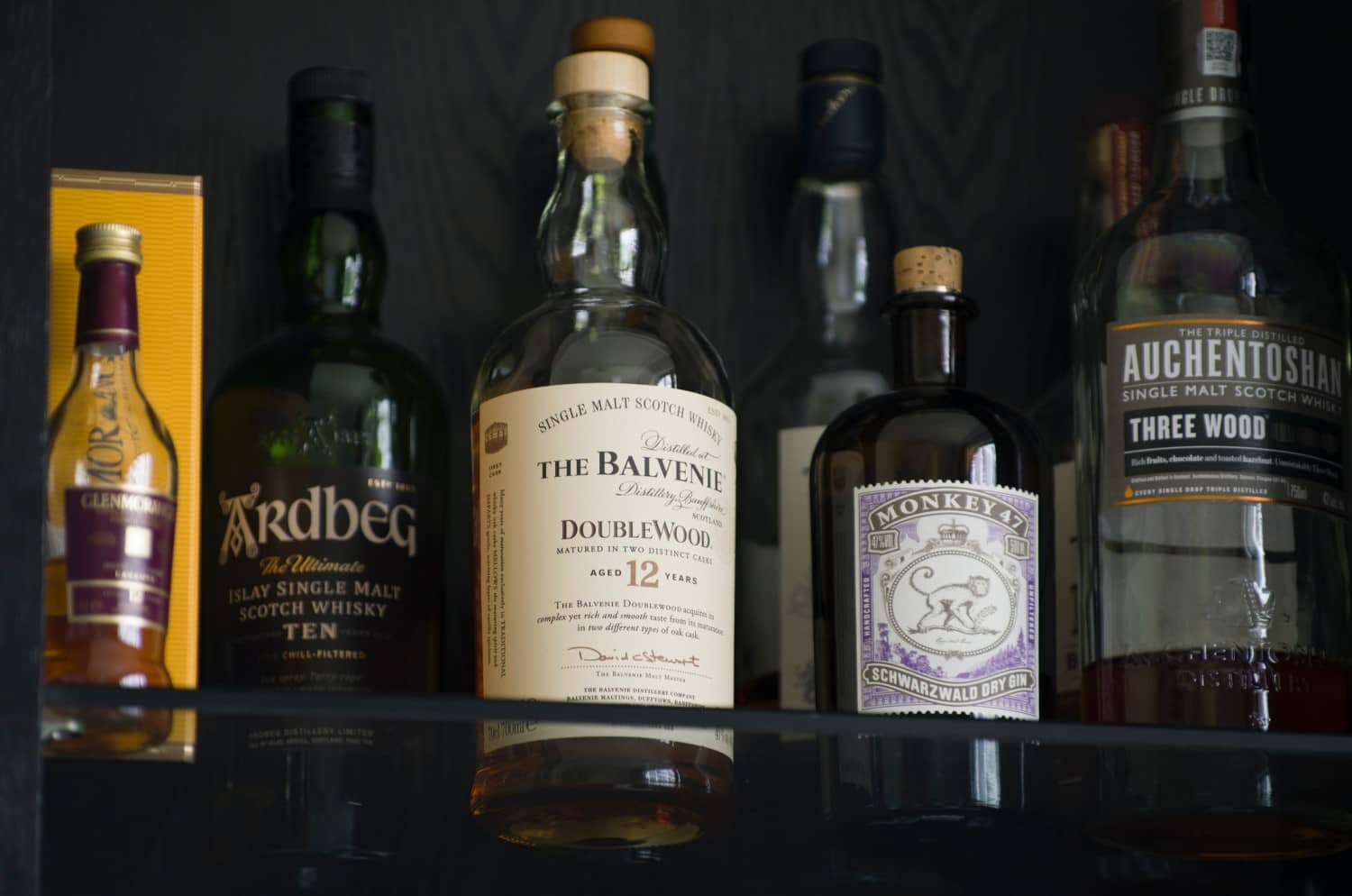

Articles
How To Store Whiskey Long Term
Modified: December 7, 2023
Discover the best methods for storing whiskey long term in our comprehensive collection of helpful articles. Explore expert tips and techniques to preserve the flavor and quality of your favorite spirits.
(Many of the links in this article redirect to a specific reviewed product. Your purchase of these products through affiliate links helps to generate commission for Storables.com, at no extra cost. Learn more)
Introduction
Whiskey is a spirit that is savored and appreciated for its rich flavors and complex aromas. Whether you are a whiskey enthusiast or a casual drinker, you may have wondered about the best way to store whiskey for a long period of time. Proper storage is essential to preserve the quality and character of whiskey over time, allowing it to age gracefully and develop its unique characteristics.
In this article, we will explore the art of long-term whiskey storage, discussing the factors that influence the aging process, the ideal storage conditions, and the best practices to ensure that your whiskey remains in optimum condition. So, whether you have a prized collection of rare whiskeys or simply want to enjoy a fine bottle of whiskey after it has matured for a few years, read on to discover the secrets of storing whiskey for the long haul.
Key Takeaways:
- Proper long-term whiskey storage involves maintaining a consistent temperature, moderate humidity, and protecting the spirit from light and air exposure. Choosing the right storage container and monitoring the aging process are essential for preserving whiskey quality.
- While storing whiskey for the long term can enhance its flavors, it’s crucial to be mindful of potential risks such as temperature fluctuations, exposure to light, and evaporation. Implementing best practices and regular monitoring are key to safeguarding a prized whiskey collection.
Read more: How To Store Opened Whiskey
Understanding the Aging Process of Whiskey
The aging process is a key factor in the development of whiskey’s flavor profile. Unlike other spirits that are consumed shortly after production, whiskey is often aged for several years in wooden barrels. This extended aging period allows the whiskey to interact with the wood, as well as the air inside the barrel, resulting in a gradual mellowing and maturation of the spirit.
During the aging process, whiskey undergoes various chemical reactions that contribute to its unique taste and aroma. One of the most important reactions is called oxidation, which occurs when the whiskey comes into contact with oxygen. This interaction with oxygen can ultimately change the composition of the whiskey, smoothing out harsh flavors and enhancing the overall complexity.
In addition to oxidation, other chemical reactions take place within the whiskey barrel. The charred wood of the barrel acts as a filter, removing impurities and adding desirable flavors. The whiskey also absorbs compounds from the wood, such as vanillin, which gives whiskey its distinctive vanilla notes.
Furthermore, the aging process allows the whiskey to develop more nuanced flavors as it interacts with the tannins present in the wood. Tannins add complexity and depth to the whiskey, resulting in a smoother and more enjoyable drinking experience.
It’s worth noting that different types of whiskey, such as bourbon, scotch, or rye, have distinct aging requirements and regulations. These variations can impact the choice of storage conditions and aging timeframes for each type of whiskey.
Overall, understanding the aging process of whiskey is crucial for effective long-term storage. By creating optimal conditions for aging and controlling factors like temperature, humidity, and light exposure, you can ensure that your whiskey develops the desired flavors and maintains its quality over time.
Factors to Consider for Long-Term Whiskey Storage
When it comes to storing whiskey for the long term, there are several factors that need to be considered in order to maintain the quality and integrity of the spirit. Let’s explore these factors in detail:
- Temperature: Whiskey is sensitive to temperature fluctuations. It is best to store whiskey at a consistent temperature between 15-20 degrees Celsius (59-68 degrees Fahrenheit). Avoid exposing whiskey to extreme heat or cold, as this can affect its flavor and accelerate the aging process.
- Humidity: Humidity plays a vital role in the aging process of whiskey. A moderate level of humidity, around 50-70%, is ideal for whiskey storage. High humidity can cause evaporation and spoilage, while low humidity can lead to the whiskey drying out and losing its desired flavors.
- Light: Whiskey should be stored away from direct sunlight, as UV rays can degrade the quality of the spirit and alter its flavor profile. Dark storage areas, such as a cellar or a dark cabinet, are preferable to protect the whiskey from light exposure.
- Vibration: Vibrations can disturb the aging process of whiskey by agitating the liquid and disrupting the interaction between the whiskey and the wood. Avoid storing whiskey in areas prone to frequent vibrations, such as near appliances or heavy traffic areas.
- Air Exposure: While whiskey does benefit from some interaction with oxygen during aging, prolonged exposure to air can lead to oxidation and deterioration of the spirit. It is recommended to keep whiskey bottles tightly sealed to minimize air contact.
- Position: Store whiskey bottles upright to prevent excessive contact between the spirit and the cork. Unlike wine, whiskey does not need to be stored horizontally as it does not require the same level of moisture to keep the cork moist.
- Filtration: It is important to keep whiskey away from strong odors or other substances that can contaminate its flavor. Additionally, ensure that the storage area has good ventilation to prevent the accumulation of unwanted odors within the whiskey bottles.
By considering these factors and creating an environment that is optimal for long-term whiskey storage, you can preserve the quality and ensure that your whiskey matures gracefully, delivering a delightful drinking experience when the time comes to uncork the bottle.
Choosing the Right Storage Container
When it comes to storing whiskey for the long term, selecting the right storage container is crucial in maintaining the quality and preserving the integrity of the spirit. Here are some factors to consider when choosing a storage container:
- Material: The material of the storage container should be non-reactive and able to withstand fluctuations in temperature and humidity. Glass or ceramic containers are commonly used for long-term whiskey storage as they do not impart any unwanted flavors or aromas to the liquid.
- Sealing: A proper seal is essential to prevent air from entering the container and affecting the whiskey’s quality. Look for containers with airtight seals, such as those with rubber gaskets or screw-on caps, to minimize oxidation and evaporation.
- Size: Choose a storage container that fits the quantity of whiskey you plan to store. It is recommended to avoid using containers that are too large for the amount of whiskey, as the air space in the container can accelerate oxidation.
- Opaque or Dark: Whiskey should be stored in an opaque or dark-colored container to protect it from light exposure. Light can degrade the whiskey and alter its flavor over time. Opt for containers that are designed to block out light, or store the whiskey in a dark area away from direct sunlight.
- Stackability: Consider the space you have available for storage and whether the containers are stackable. Stackable containers can help maximize the use of vertical space and make it easier to organize and access your collection.
- Labeling: Properly labeling your storage containers is essential for easy identification of the whiskey bottles. Use waterproof and smudge-resistant labels to ensure that the information remains intact even in humid conditions.
- Temperature Insulation: If you plan to store your whiskey in an area where temperature fluctuations are a concern, consider using an insulated storage container. Insulated containers help maintain a stable temperature, minimizing the impact of external temperature changes on the whiskey.
It’s worth noting that some whiskey enthusiasts prefer to store their whiskey in its original bottles, while others transfer the liquid to decanters or specialized whiskey containers. Whatever storage container you choose, always ensure that it meets the necessary criteria for preserving the quality and character of the whiskey over the long term.
Ideal Storage Conditions for Whiskey
To ensure that whiskey matures gracefully and maintains its quality over time, it is essential to store it in the right conditions. Here are the ideal storage conditions for whiskey:
- Temperature: Whiskey should be stored in a cool and consistent environment. The ideal temperature range for whiskey storage is between 15-20 degrees Celsius (59-68 degrees Fahrenheit). Avoid extreme temperature fluctuations or exposure to heat, as it can lead to the deterioration of the whiskey’s flavor and aroma.
- Humidity: Whiskey should be stored in an environment with moderate humidity levels. Aim for a humidity range of 50-70%, as it helps prevent the whiskey from drying out or becoming overly diluted. Excessive humidity can lead to mold growth, while low humidity can cause evaporation and alter the whiskey’s balance.
- Light: Whiskey should be stored away from direct sunlight or fluorescent lighting. UV rays can degrade the quality of the whiskey and affect its flavor profile. To protect the whiskey from light exposure, store it in a dark area, such as a cellar, cabinet, or dedicated whiskey storage room.
- Ventilation: Proper ventilation is important to prevent the accumulation of unwanted odors or off-flavors in the whiskey. Ensure that the storage area has adequate airflow to avoid any musty or stale smells. Avoid storing whiskey near strong odors or substances that can taint its aroma.
- Steady Environment: Whiskey benefits from a stable environment in terms of temperature, humidity, and light conditions. Avoid storing whiskey in areas prone to temperature fluctuations or changes in humidity, such as kitchens or bathrooms. It’s best to choose a dedicated storage space where you can control and maintain these conditions consistently.
- Minimal Movement: Whiskey should be stored in a location with minimal vibrations or movement. Vibrations can disrupt the aging process and affect the interaction between the whiskey and the wood. Avoid storing whiskey near appliances, speakers, or areas with heavy foot traffic.
- Isolation: To prevent cross-contamination and protect the whiskey’s flavor profile, it is advisable to store different types of whiskey separately. Each whiskey has its own unique characteristics, and storing them together could potentially alter their individual qualities.
- Accessibility: Lastly, while it is important to create an ideal storage environment for whiskey, ensure that your collection remains easily accessible. Consider organizing your bottles in a way that allows for efficient retrieval and rotation, allowing you to enjoy your favorite whiskeys at the appropriate time.
By storing your whiskey in these ideal conditions, you can preserve the integrity of the spirit and enjoy it at its finest when the time comes to savor its complex flavors and aromas.
Store whiskey long term in a cool, dark place away from direct sunlight and temperature fluctuations. Keep the bottle upright to prevent the cork from drying out and store it away from strong odors.
Read more: How To Store Unopened Whiskey
Best Practices for Storing Whiskey Long Term
When it comes to storing whiskey for the long term, following these best practices will help maintain the quality and ensure the optimal aging of the spirit:
- Store in a Dark and Cool Place: Choose a location that is dark, away from direct sunlight, and maintains a consistent temperature between 15-20 degrees Celsius (59-68 degrees Fahrenheit). A cellar, a dedicated whiskey cabinet, or a cool, dry room are ideal storage options.
- Keep Bottles Upright: Unlike wine, whiskey bottles should be stored upright to prevent the spirit from coming into prolonged contact with the cork. This helps prevent unwanted flavors from leaching into the whiskey and maintains the integrity of the cork seal.
- Avoid Temperature Fluctuations: Whiskey is sensitive to temperature changes, so it’s crucial to avoid extreme fluctuations. Rapid changes in temperature can cause expansion and contraction of the liquid, leading to potential leakage and spoilage.
- Seal Bottles Properly: Ensure that the whiskey bottles are tightly sealed to prevent air from entering and affecting the whiskey’s flavor. Screw-on caps, corks, or other airtight closures are recommended.
- Label and Track: Label each bottle with relevant details such as the date of purchase, production, or opening. This helps you keep track of the aging progress and ensures that you can properly enjoy the whiskey when it reaches its peak.
- Avoid Disturbing the Spirit: Once a bottle of whiskey has been opened, avoid excessive shaking or agitation. Gently handling the bottle and minimizing movement helps preserve the delicate flavors and prevent premature oxidation.
- Rotate and Sample: If you have a collection of whiskeys, consider rotating the bottles periodically. This ensures even aging and prevents any long-term exposure to air. You can also sample the whiskeys occasionally to monitor their flavor profiles as they mature.
- Keep an Inventory: Develop an inventory system to keep track of your whiskey collection. This helps you know which bottles are ready for consumption and allows you to plan your whisk(e)y tasting experiences accordingly.
- Avoid Strong Odors: Whiskey can absorb odors easily, so it’s essential to store it away from strong-smelling substances or contaminants. Perfumes, cleaning agents, and other strong-smelling items should be kept away from your whiskey storage area.
- Consider Security: If you have a valuable or rare whiskey collection, ensure that the storage area is secure. Lock cabinets or storage rooms can help protect your investment and prevent unauthorized access.
By following these best practices, you can enjoy the pleasure of storing whiskey long term, knowing that you are taking the necessary steps to preserve its quality and allow the spirit to age gracefully.
Monitoring and Maintaining Whiskey Quality
When storing whiskey for the long term, it is important to monitor and maintain its quality to ensure that it continues to develop desirable flavors and aromas. Here are some key practices to help you in this process:
- Regular Inspections: Periodically inspect your whiskey bottles for any signs of leakage, mold, or other contamination. Check the seals and closures to ensure they are intact and airtight. It’s also a good opportunity to take note of any changes in color or clarity.
- Recording Observations: Keep a journal or digital record of your whiskey collection. Note the date of purchase, storage conditions, and any changes or observations you have made over time. This helps track the aging process and allows you to compare the progress of different bottles.
- Tasting Notes: Regularly sample your stored whiskeys to evaluate their flavor profiles as they age. Note any changes in aroma, taste, and overall character. This helps you identify the optimal time to enjoy each whiskey and allows you to appreciate the nuances of the aging process.
- Rotate Bottles: Rotate the bottles in your collection periodically to ensure even aging. Move the bottles from the front to the back or vice versa, allowing each one to experience the same storage conditions as the others. This prevents any one bottle from being exposed to air for an extended period.
- Checking Inventory: Regularly review your whiskey inventory to ensure that it remains organized and properly labeled. This helps you maintain an overview of your collection and prevents any bottles from being forgotten or neglected.
- Temperature and Humidity Control: Continuously monitor and maintain the temperature and humidity levels in your storage area. Use a reliable thermometer and hygrometer to ensure that the conditions remain within the optimal range for whiskey storage.
- Store Properly: Always return opened bottles to their designated storage location promptly. Make sure the bottles are tightly sealed to minimize air contact. Avoid storing whiskey in areas with excessive light, heat, or strong odors.
- Seek Professional Advice: If you have a valuable or rare whiskey collection, consider consulting with experts or professional whiskey storage facilities. They can provide additional guidance specific to your collection and help you maintain the highest quality standards.
- Enjoy Responsibly: While it is exciting to age and savor fine whiskeys, it’s important to remember that whiskey is meant to be enjoyed. Don’t wait too long to open those special bottles—celebrate and share the experience with friends and fellow whiskey enthusiasts.
By monitoring the quality of your stored whiskey and implementing these practices, you can ensure that your collection remains in excellent condition and that each bottle delivers the exceptional taste and experience it was crafted for.
Potential Risks and Pitfalls in Long-Term Whiskey Storage
While long-term whiskey storage can be a rewarding experience, it’s important to be aware of potential risks and pitfalls that may arise. Understanding these risks will help you take necessary precautions to protect your whiskey collection. Here are some potential risks to consider:
- Temperature Fluctuations: Extreme temperature fluctuations can have a negative impact on whiskey. Rapid changes in temperature can cause expansion and contraction of the liquid, leading to leakage or spoilage. It’s crucial to store whiskey in a cool and consistent environment.
- Exposure to Light: Whiskey should be kept away from direct sunlight or fluorescent lighting. Light can degrade the quality of the whiskey and alter its aroma and flavor profile. Store whiskey in a dark area or use opaque storage containers to protect it from light exposure.
- High Humidity Levels: Excessive humidity can lead to mold growth, label damage, and unwanted changes in flavor. It’s important to maintain moderate humidity levels, ideally between 50-70%, to prevent moisture-related issues while storing whiskey long term.
- Sealing and Contamination: Improperly sealed bottles can allow air to enter, leading to oxidation and deterioration of the whiskey’s quality. Additionally, whiskey can absorb odors easily. Ensure that bottles are tightly sealed and stored away from strong-smelling substances to avoid contamination.
- Leaky or Deteriorated Corks: Over time, corks can deteriorate, leading to leaks or air seepage into the bottle. This can accelerate oxidation and spoil the whiskey. Regularly inspect your bottles for any signs of cork damage and consider re-corking or transferring the whiskey to a new container if necessary.
- Evaporation: Whiskey is subject to evaporation during the aging process, commonly known as the “angel’s share.” Over long periods, this can lead to a loss of volume and potential changes in flavor concentration. To minimize evaporation, tightly seal bottles and ensure proper storage conditions.
- Poorly Stored Collections: Inadequate storage infrastructure or poor organization can lead to mishaps and damage. Bottles may be knocked over or improperly handled, resulting in breakage or spillage. Invest in suitable storage solutions, such as sturdy racks or cabinets, and take care when handling your whiskey collection.
- Counterfeit Whiskey: With the increasing popularity of aged and rare whiskeys, the risk of counterfeit bottles entering the market has also grown. Be cautious when purchasing valuable whiskeys and buy from reputable sources to avoid falling prey to counterfeit products.
- Delayed Enjoyment: Finally, it’s worth considering that storing whiskey for an extended period means delaying the enjoyment of the spirit. While aging can enhance the flavors and complexity of whiskey, it’s important to strike a balance and not wait too long to enjoy the fruits of your collection.
By being aware of these potential risks and taking appropriate measures to minimize them, you can safeguard your whiskey collection and ensure that your prized spirits age gracefully and maintain their quality over time.
Conclusion
Storing whiskey for the long term requires careful consideration of various factors to ensure that the spirit ages gracefully and maintains its exceptional quality. By understanding the aging process of whiskey and the factors that influence it, you can make informed decisions about the storage conditions and container choices that will best suit your collection.
Creating an ideal environment for whiskey storage involves maintaining a steady temperature, moderate humidity levels, and protecting the spirit from light, vibrations, and air exposure. Choosing the right storage container, ensuring proper sealing, and labeling each bottle can help preserve the integrity of the whiskey and prevent contamination or loss of flavor.
Monitoring the quality of your stored whiskey through regular inspections, tastings, and record-keeping allows you to track the aging progress and ensure that the whiskey is developing desirable characteristics over time. Implementing best practices, such as rotating bottles, maintaining temperature and humidity control, and avoiding strong odors, will help ensure the longevity of your collection.
However, it’s important to be aware of potential risks and pitfalls that can impact long-term whiskey storage. Temperature fluctuations, exposure to light, high humidity, leaky corks, evaporation, and poor storage practices are risks that should be mitigated through proper care and attention.
In conclusion, storing whiskey long term is a journey that requires patience, attention to detail, and a commitment to maintaining the highest quality standards. By following the best practices outlined in this article and being mindful of potential risks, you can create an optimal environment for your whiskey to age beautifully and enjoy the rewards of a well-preserved collection when the time is right.
Frequently Asked Questions about How To Store Whiskey Long Term
Was this page helpful?
At Storables.com, we guarantee accurate and reliable information. Our content, validated by Expert Board Contributors, is crafted following stringent Editorial Policies. We're committed to providing you with well-researched, expert-backed insights for all your informational needs.
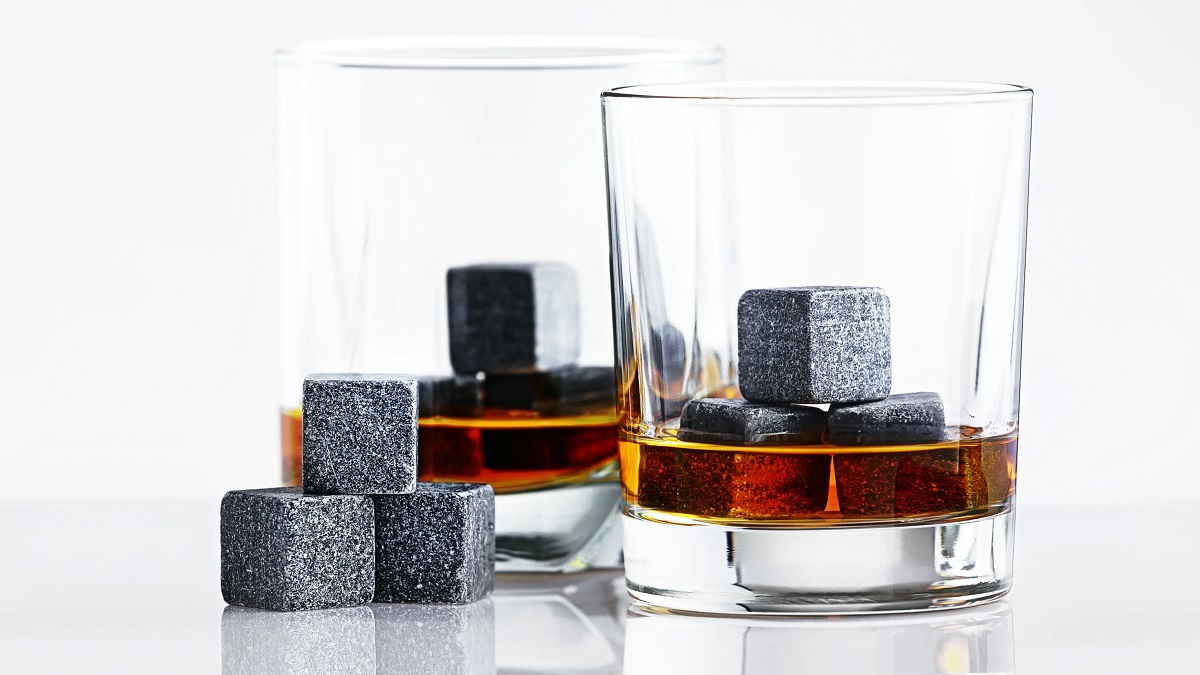
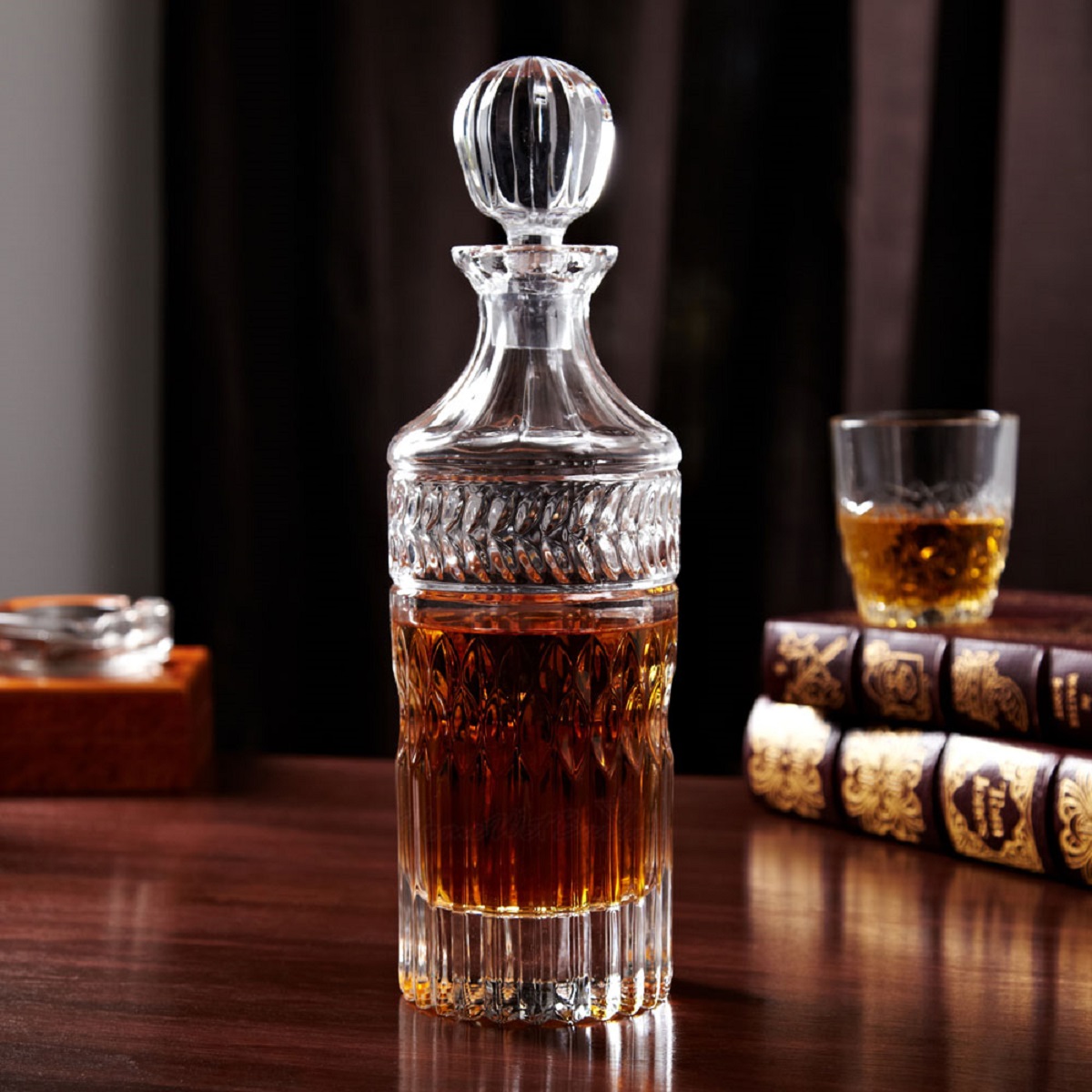
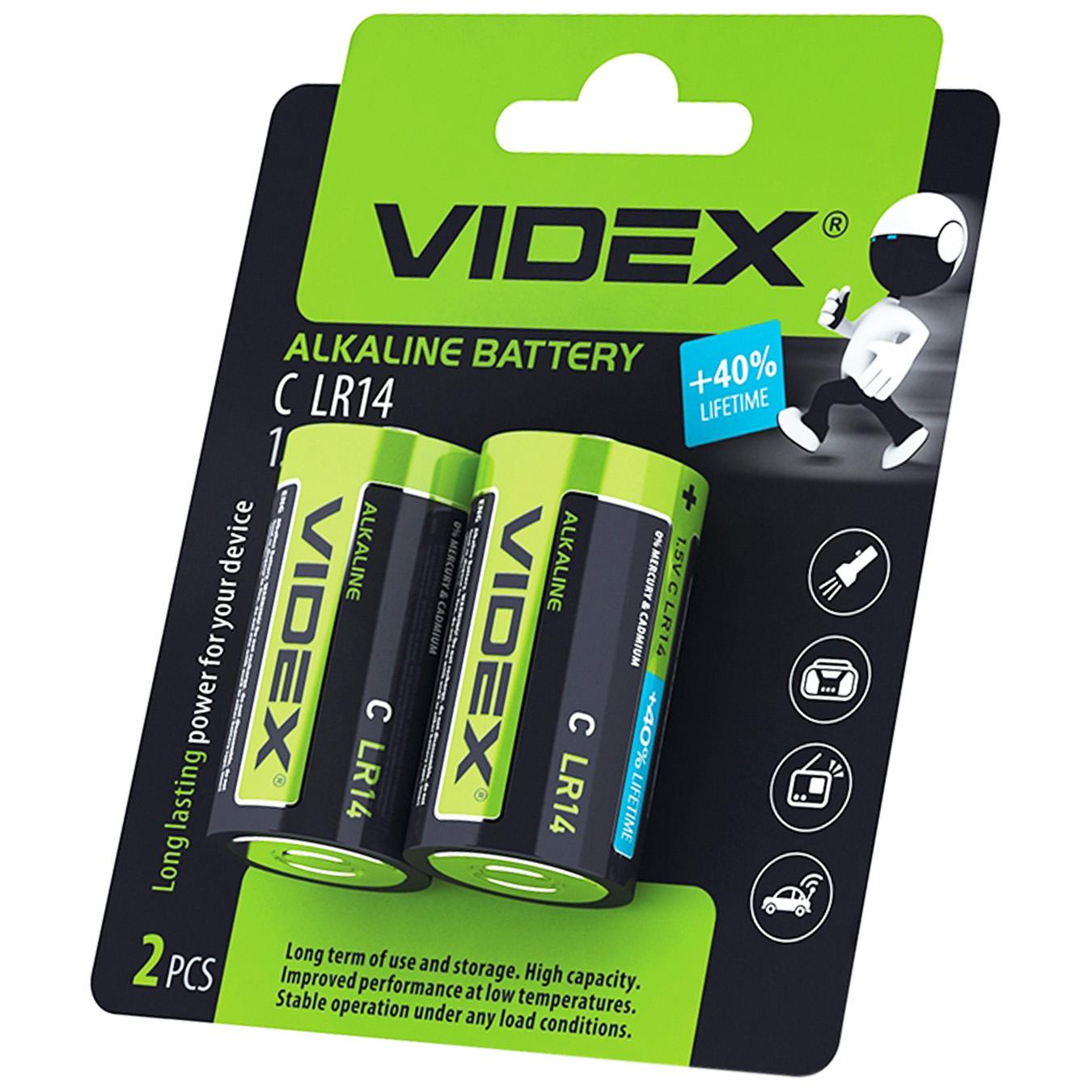


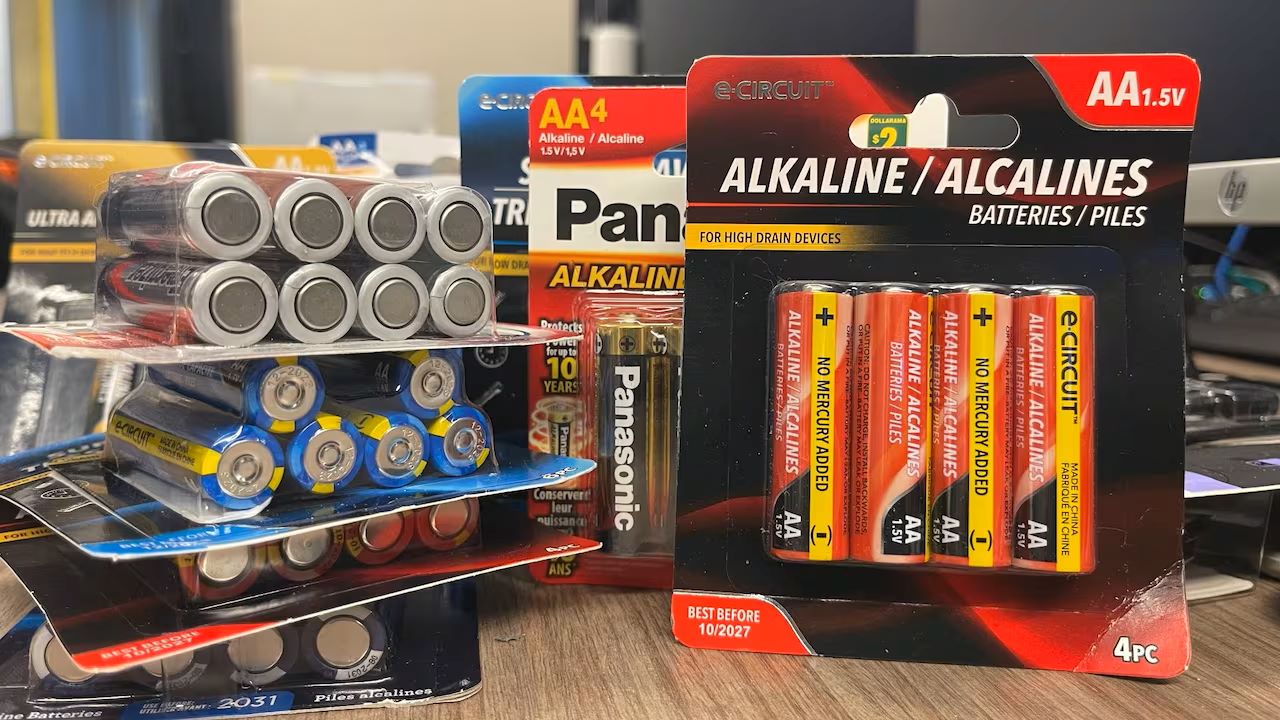
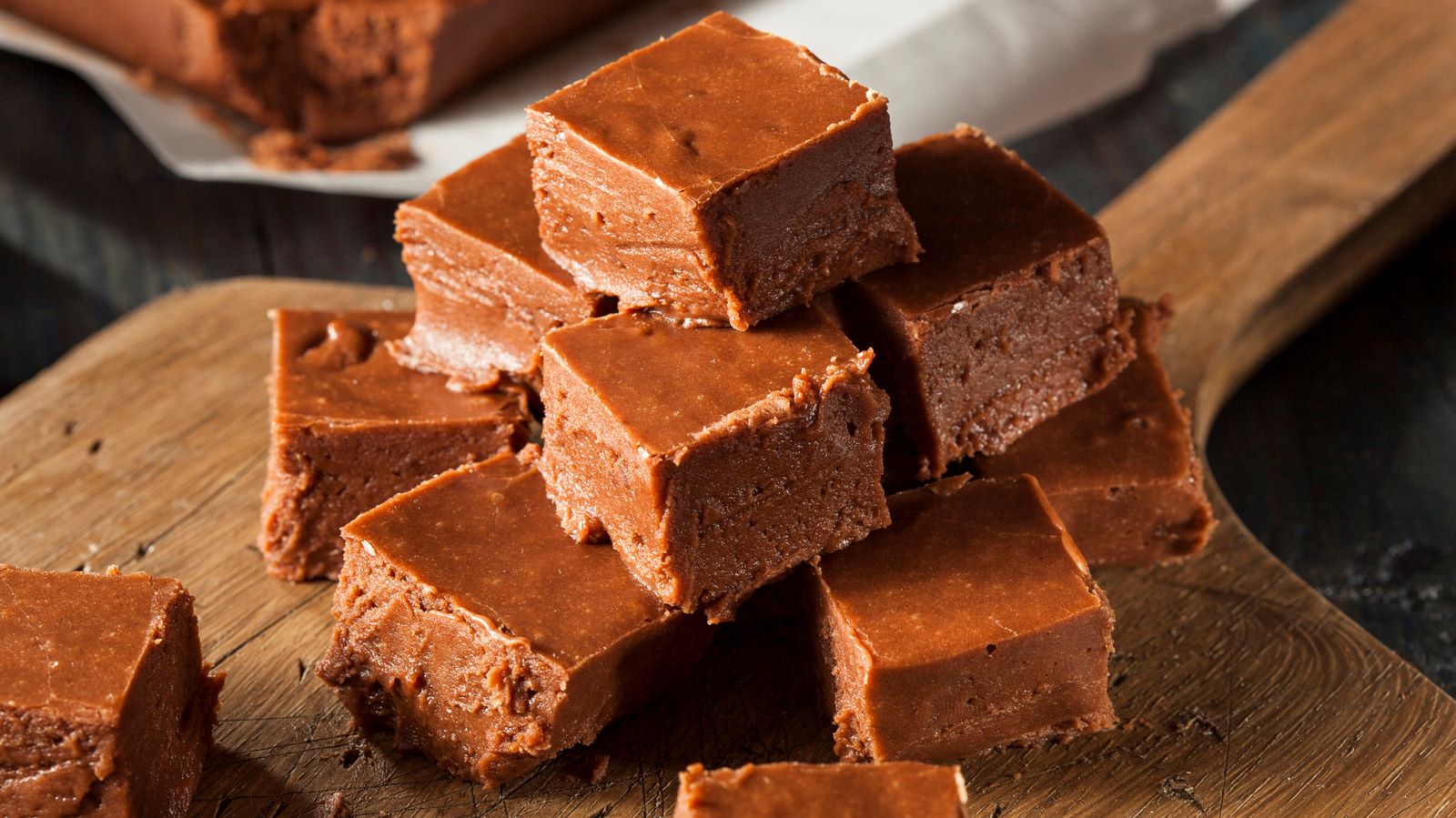
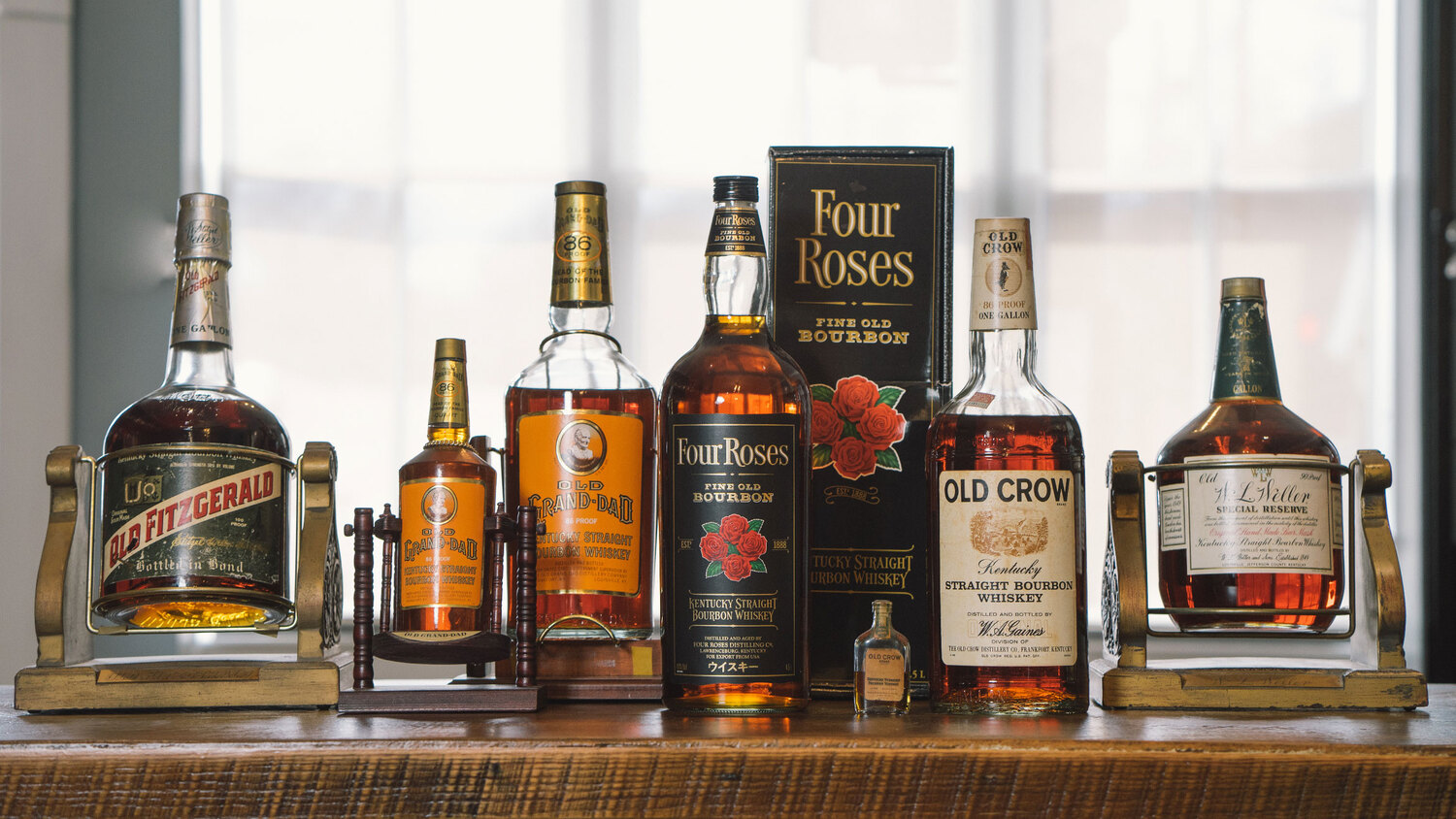

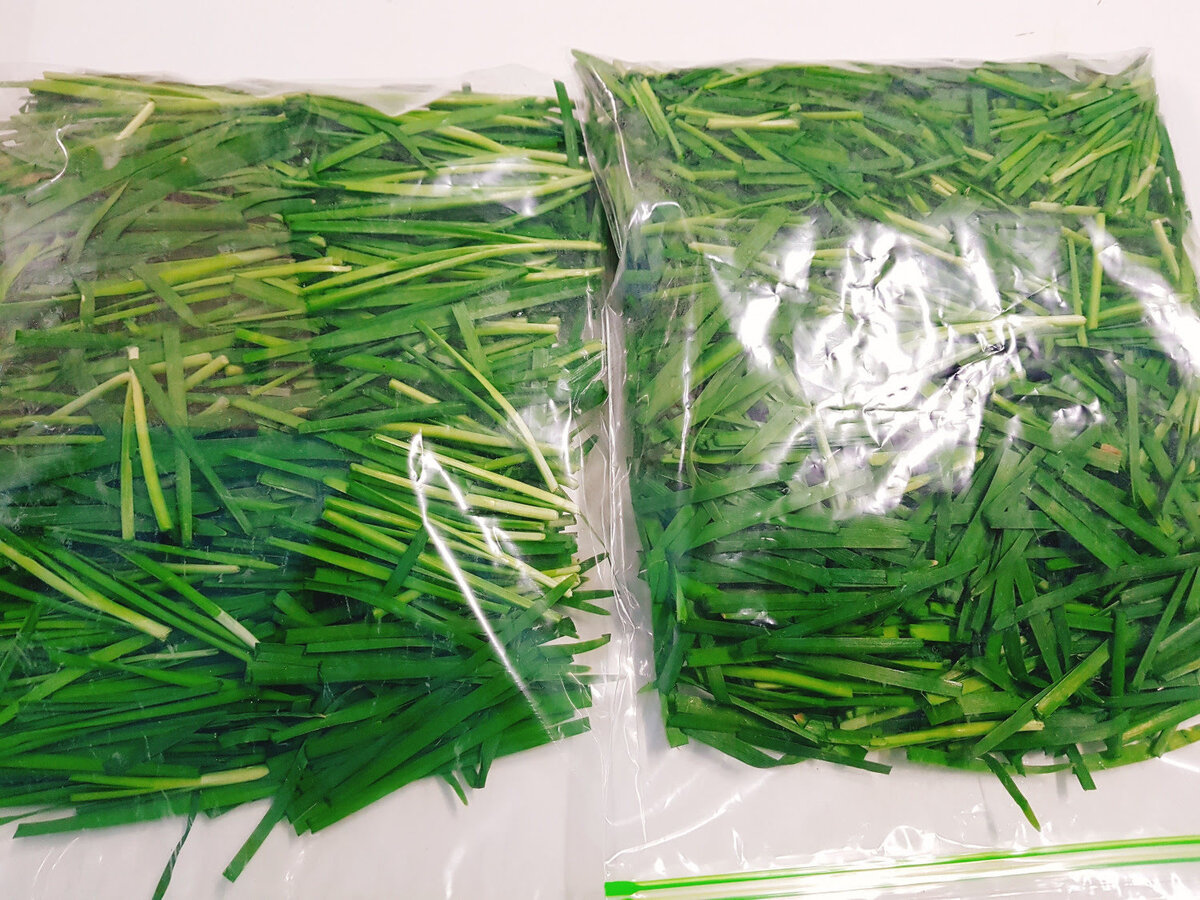

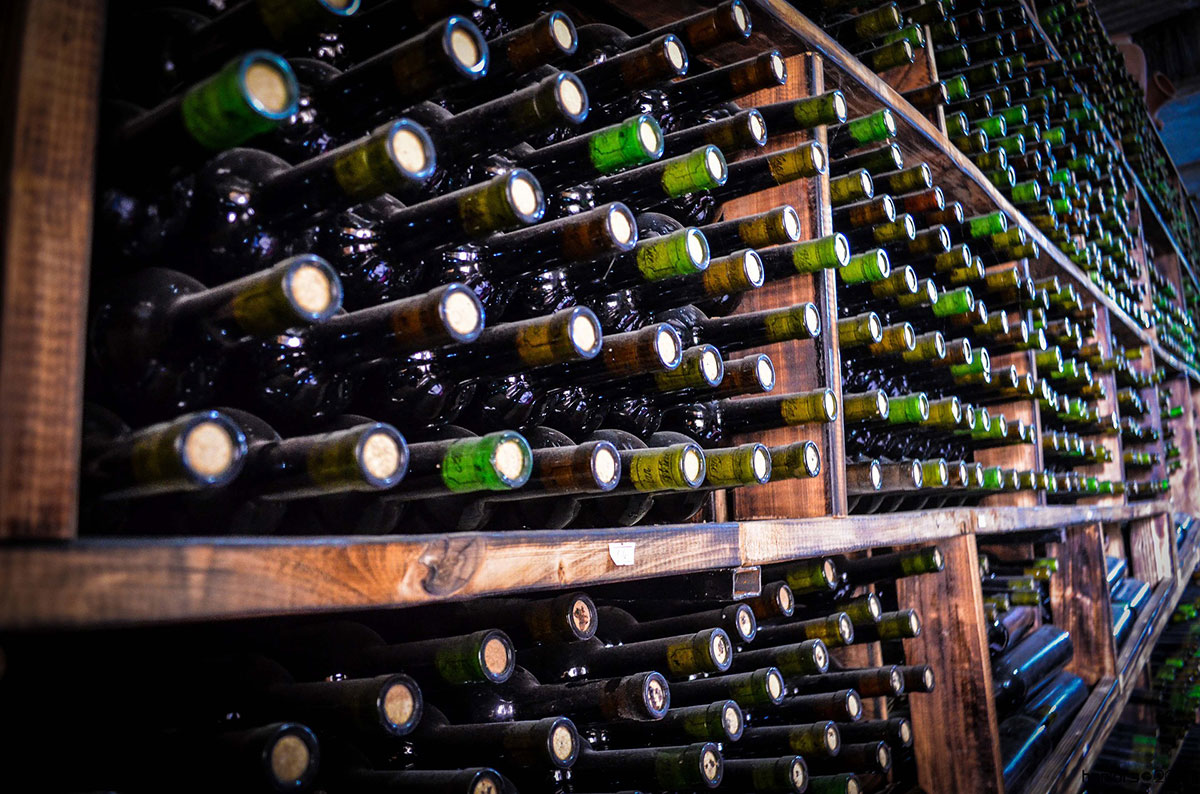
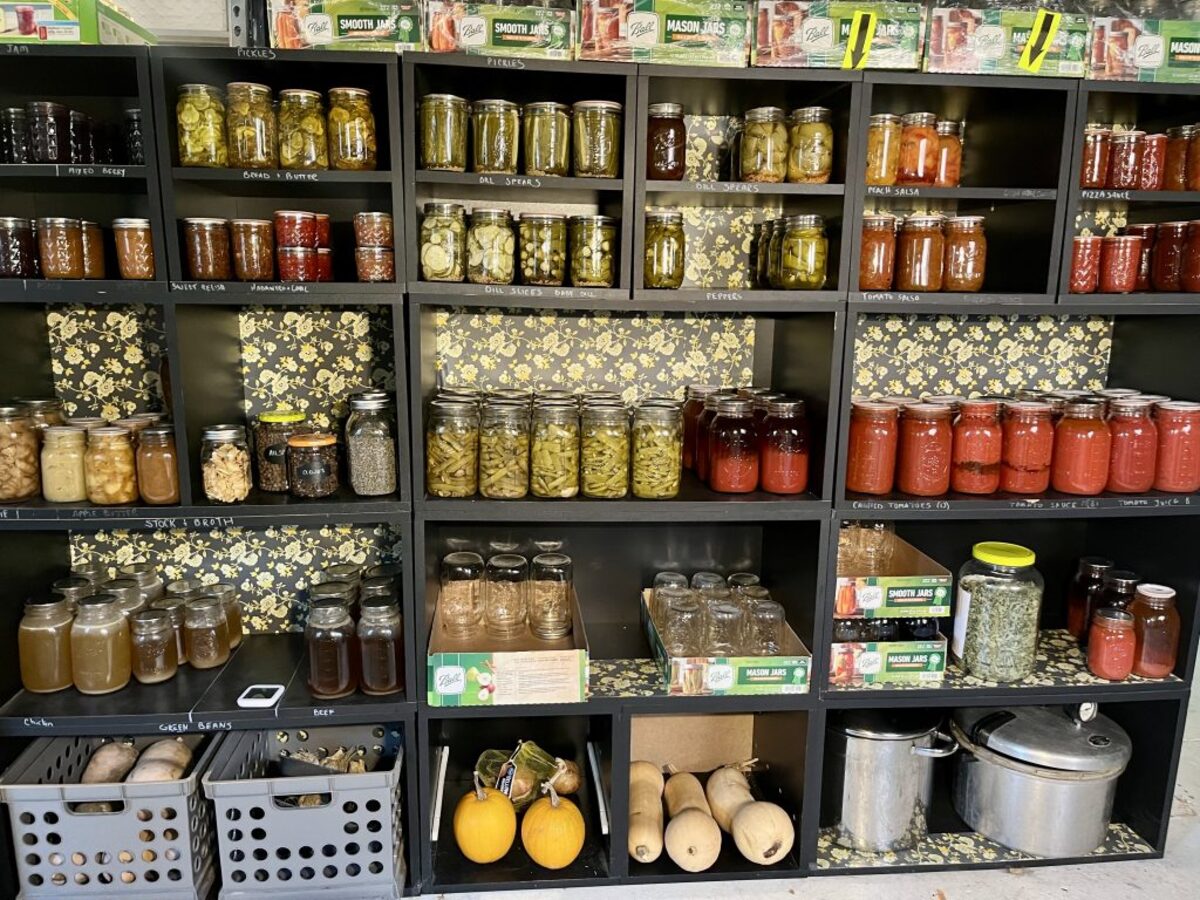
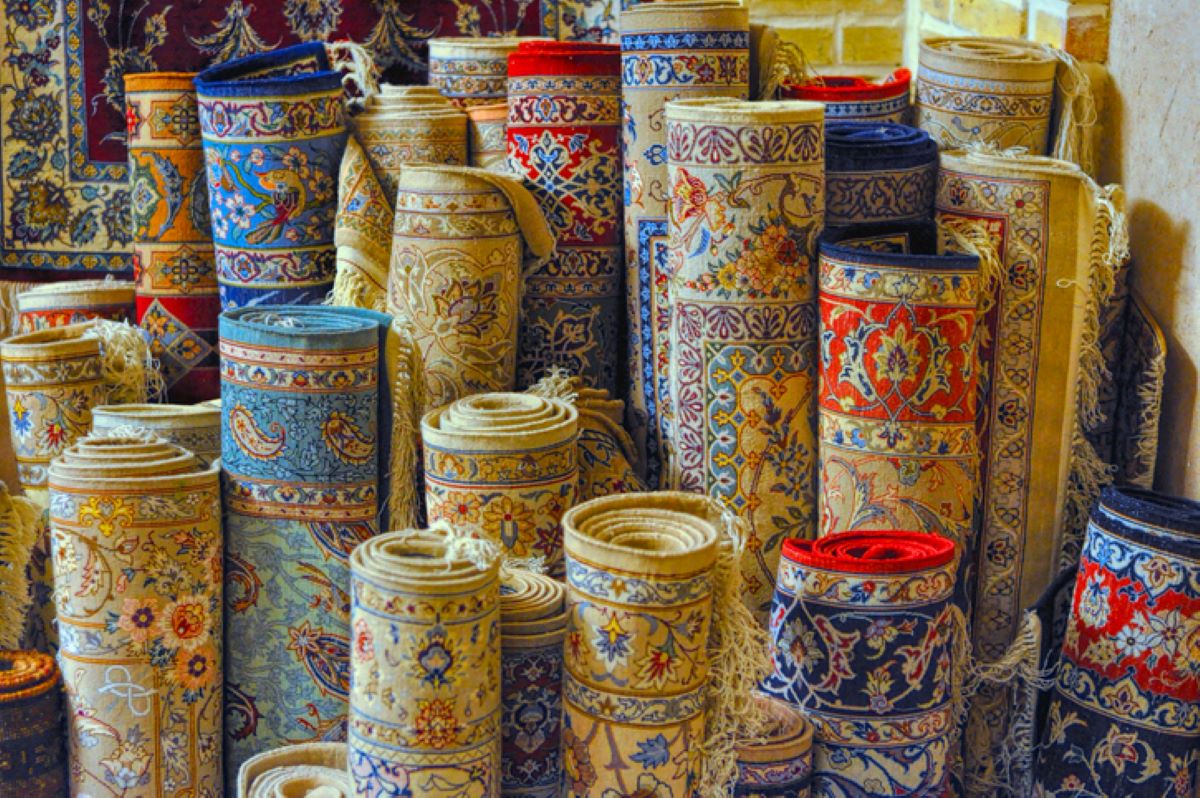

0 thoughts on “How To Store Whiskey Long Term”